media centre
Keep up to date with the latest news, comment and insight from SMMT, covering all key UK automotive industry issues, developments and trends, including market and manufacturing performance across every sector.
News
FILTER search:
Select year
Select year
2025
2024
2023
2022
2021
2020
2019
2018
2017
2015
2014
2013
2012
2011
2010
2009
2008
2007
2005
2004
2003
2002
2001
2000
1999
1998
1997
1995
1994
1993
1992
1991
1990
1989
1988
1987
1985
1984
1983
1982
1981
1980
1979
1978
1977
Select month
Select month
Jan
Feb
Mar
Apr
May
Jun
Jul
Aug
Sep
Oct
Nov
Dec
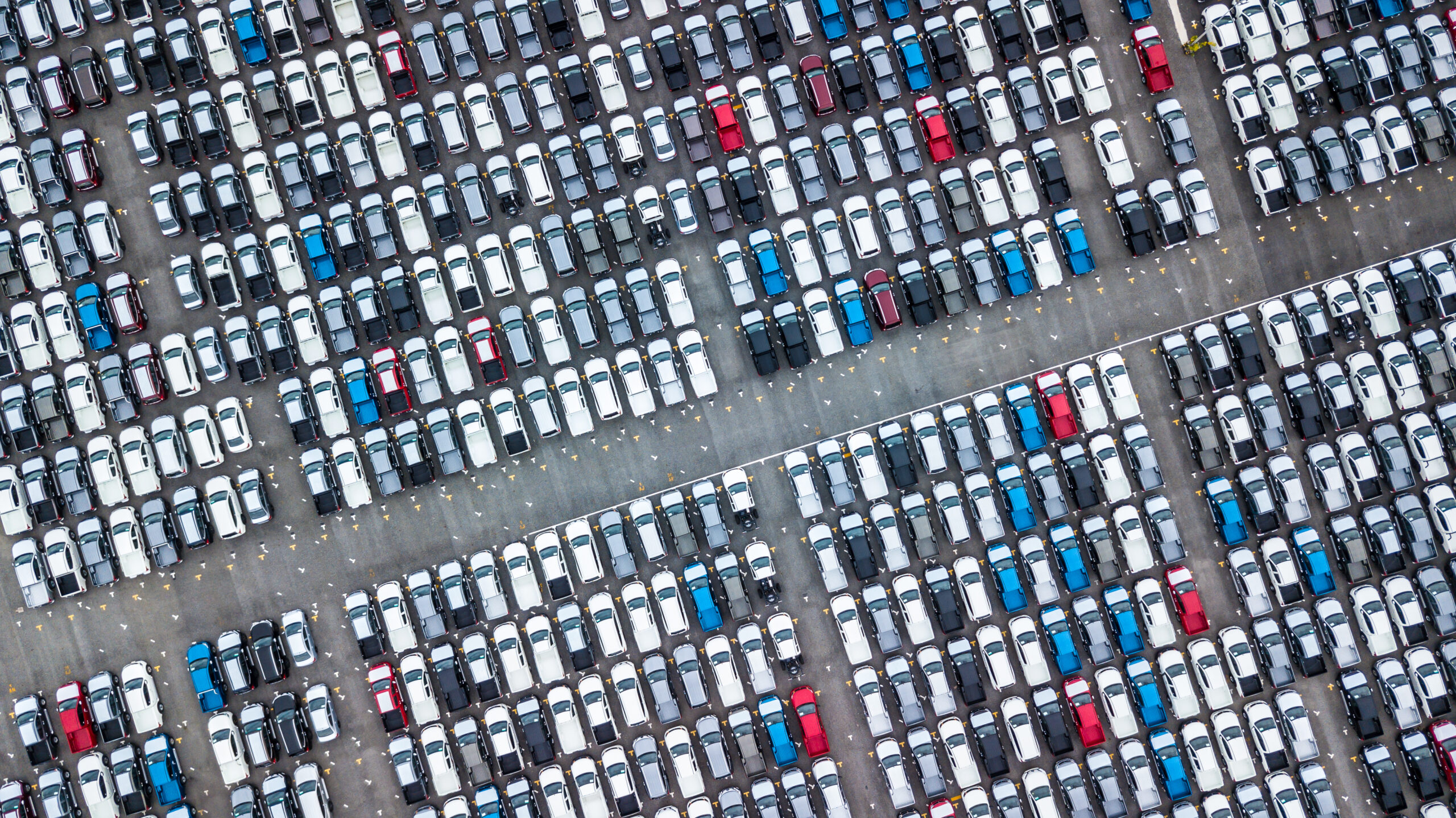
News
Car
Q1 used car sales surpass two million for first time since 2019
9 May 2025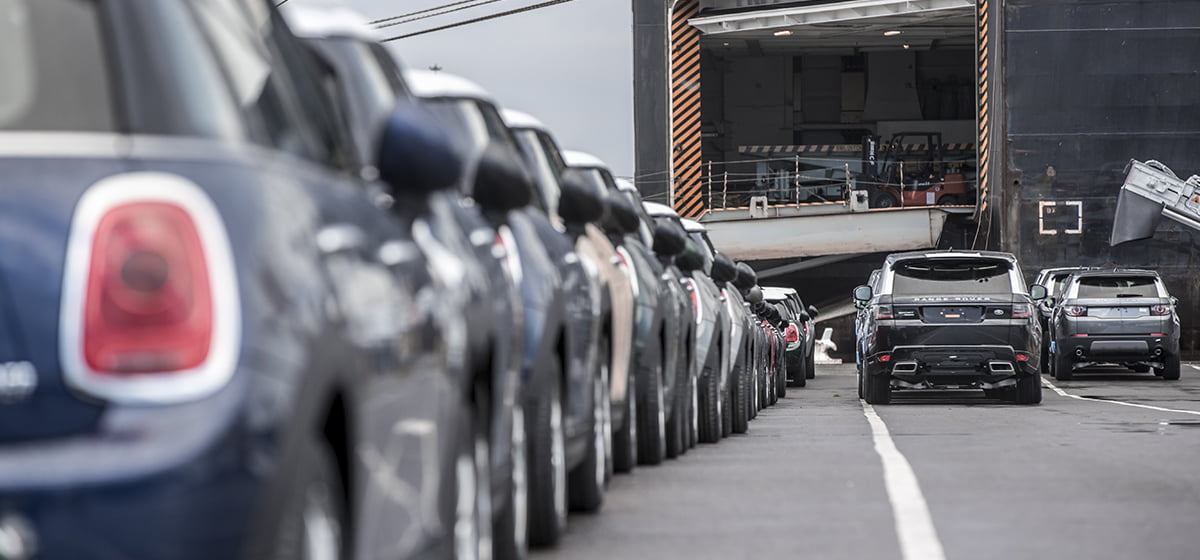
News
Trade
SMMT response to UK-US deal
8 May 2025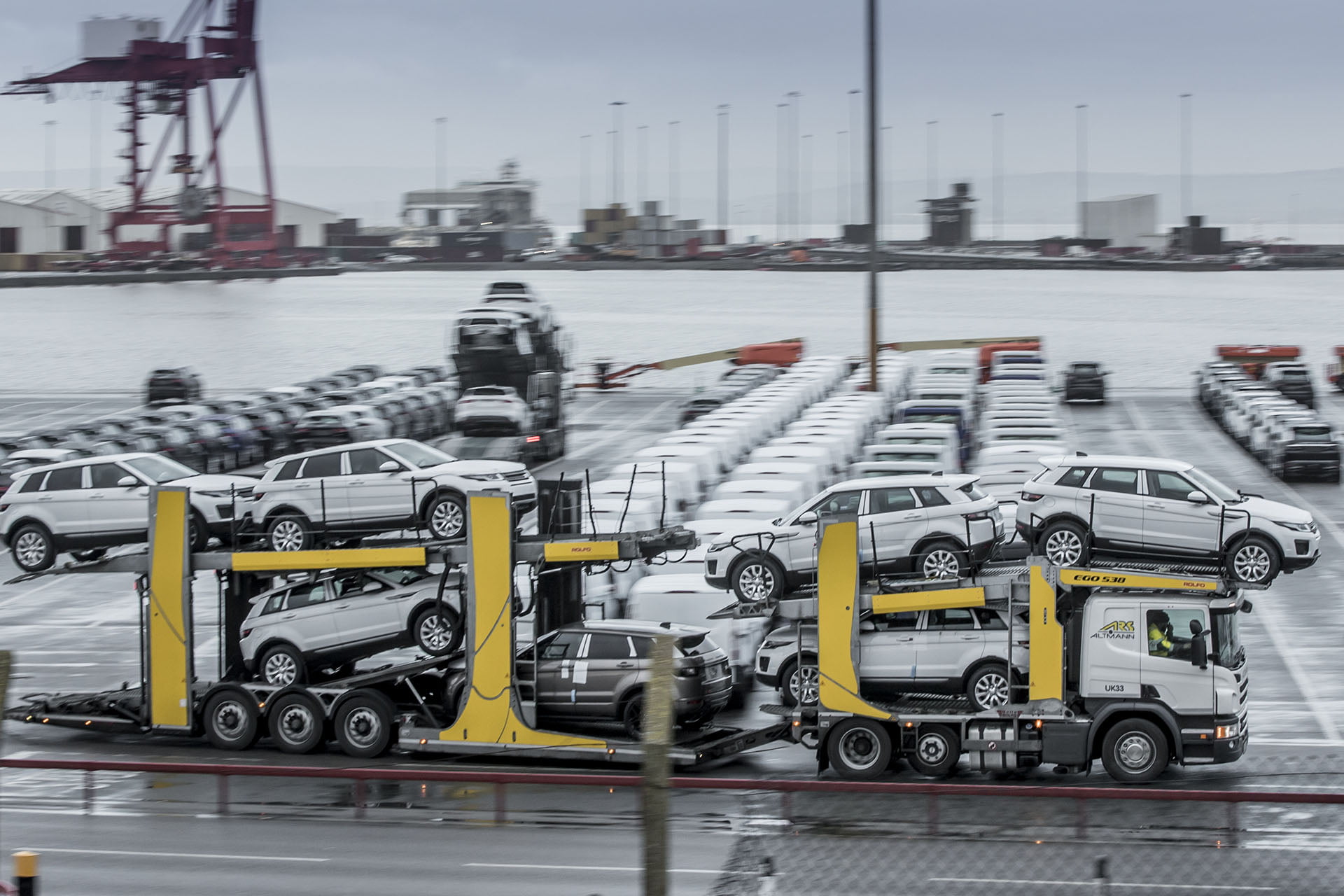
Statements
Manufacturing
SMMT statement on UK-India free trade agreement
6 May 2025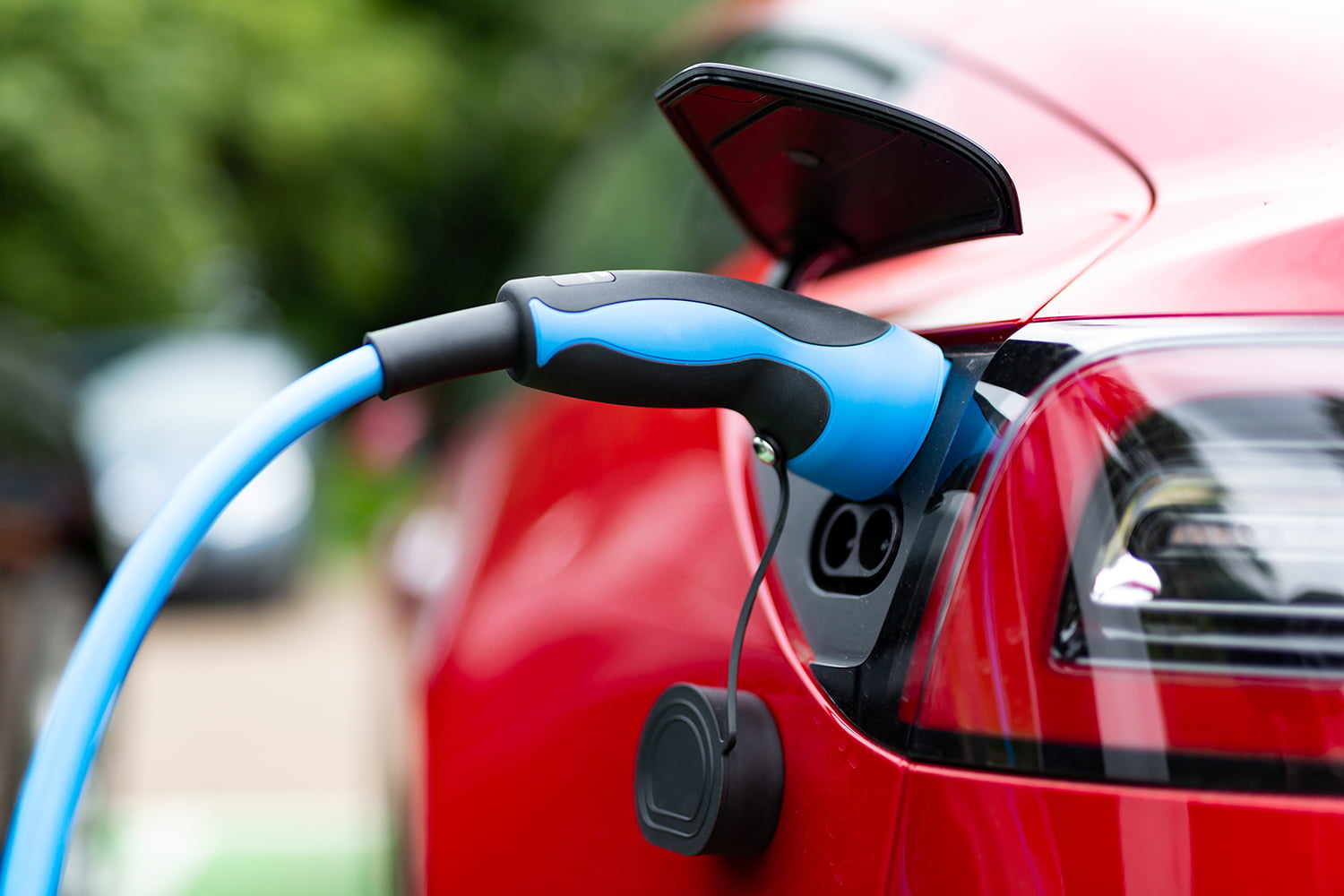
News
Car
Car registrations
New car market falls in April as tax changes bite
6 May 2025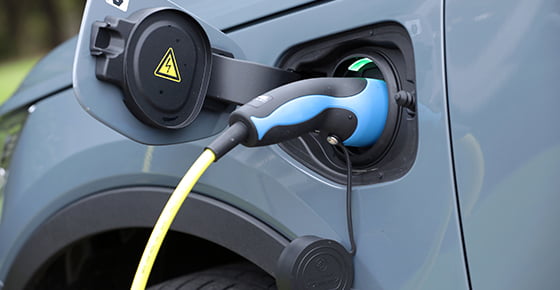
News
Commercial Vehicle
LCV registrations
Five months of falling demand for new vans
6 May 2025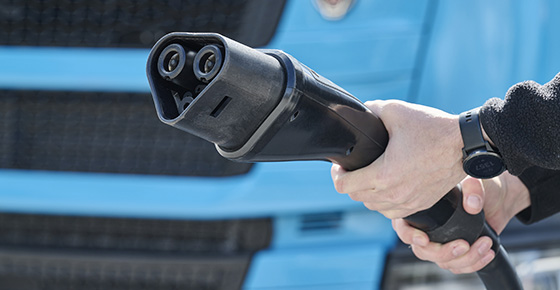
News
CEO Update
Easing the charging gridlock for trucks and vans
2 May 2025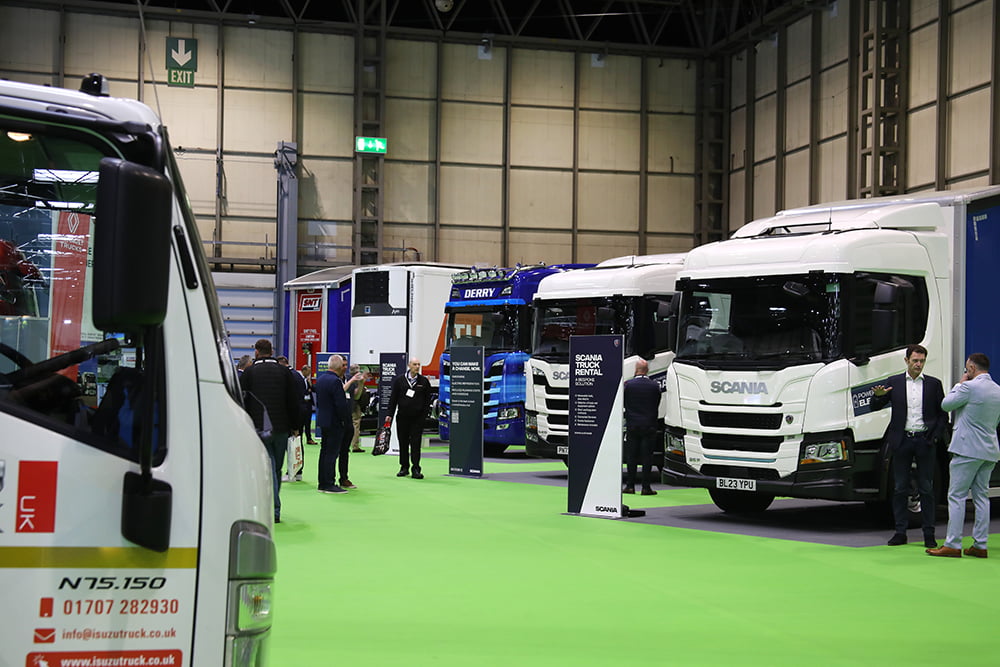
News
Commercial Vehicle
Car manufacturing
Commercial vehicle charging gridlock must ease to deliver net zero nation
29 Apr 2025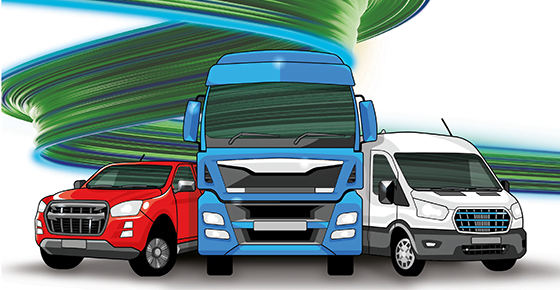
News
Commercial Vehicle
Nineteen Group acquires The Commercial Vehicle Show, strengthening its portfolio of industry-leading events
29 Apr 2025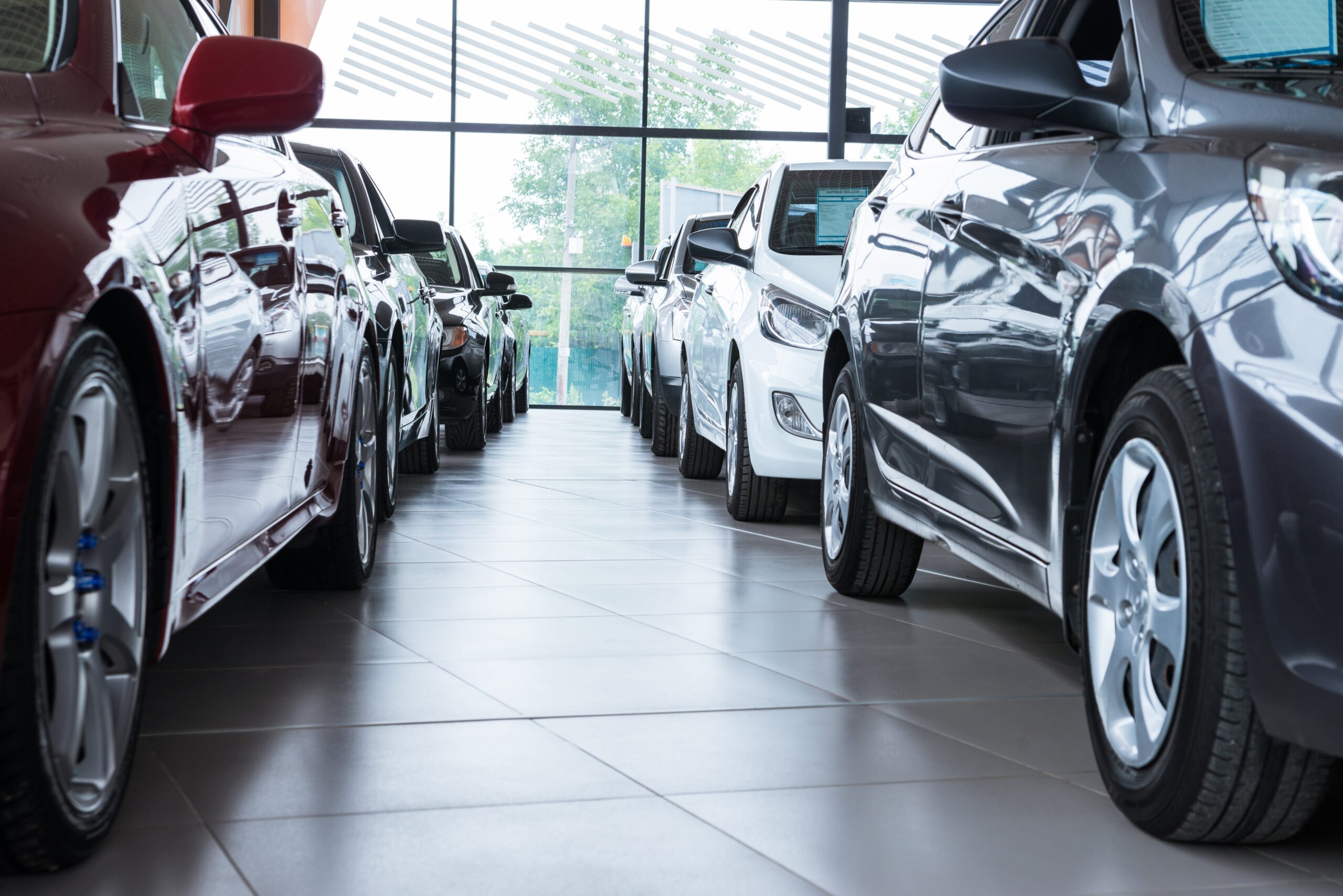
News
Pre registrations